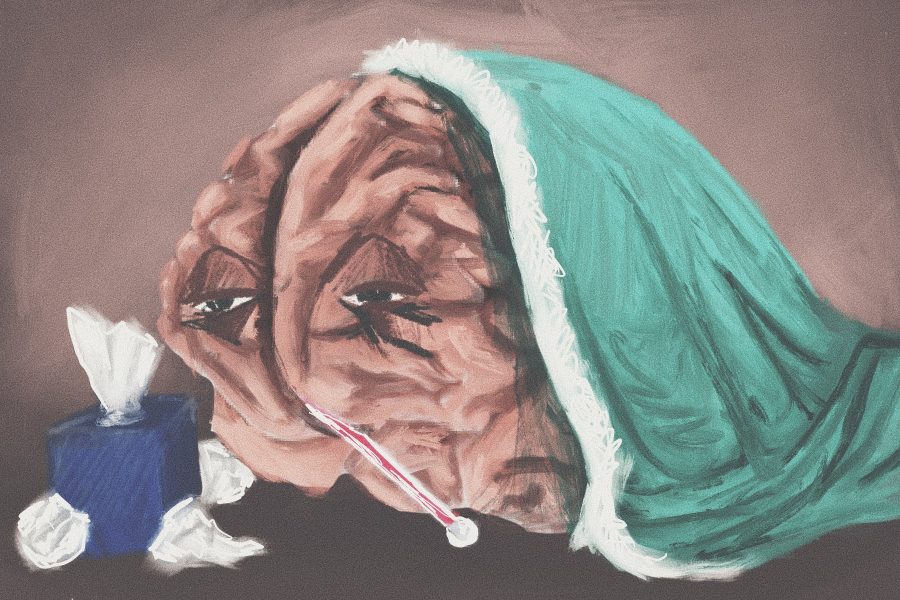Even with the fall semester coming to an end, students’ stress levels are at an all-time high. Between the pressures of academic performance, working a job, attending extracurriculars and maintaining a social life, many students have been stretching themselves thin. Currently, there is not enough time allocated for students to take care of their mental health.
Therefore, when determining their attendance policy for the spring semester, professors should include mental health days in their number of accepted absences.
Multiple courses at UT have strict attendance policies that allow one or no unexcused absences. With so few allotted absences, most students probably won’t take a mental health day. I know I wouldn’t.
According to a 2018 survey by the American College Health Association, anxiety and depression are the biggest factors that negatively impact student academic performance. Additionally, 42% of students who took the survey stated that at some point in the past year they had felt too depressed to function.
Mental exhaustion, often accompanied by anxiety and depression, has become a stark reality for college students. For many UT students, including computer science freshman Grace Liu, mental health days would have been greatly appreciated this semester.
“There have been a few days where I have gotten two or three hours of sleep, but I still showed up to class because it would have negatively impacted my grade if I had not shown up,” Liu said. “I think in most classes (professors) don’t really account for things like how one day you have three tests and don’t really have time to recuperate … It would be really beneficial to have a break from that to just gather your thoughts.”
Currently, many students are forgoing their mental health in order to avoid having points deducted from their grade. Stress and anxiety accompanied by lack of sleep and an overwhelming amount of coursework can have a major mental toll on students. If professors added just one extra allowed absence to their attendance policies, it could give students a chance to take a mental health day without fear of an absence hurting their GPA.
Student Emergency Services offers aid to students who have missed class due to mental health or other types of emergency situations by sending documented absence notifications to faculty members. However, Sara Kennedy, manager of strategic and executive communications for the Office of the Dean of Students, said even though they can confirm a student had an emergency situation and urge for necessary accommodations, it really is up to the professor’s discretion whether or not the absence will affect the student's grade.
“We are not in charge of excusing absences,” Kennedy said. “Faculty is the ultimate authority in the classroom. They still have the discretion to choose how they are going to work with a student, and in almost all cases, it’s going to be up to the faculty member to make that final decision.”
While Student Emergency Services does a great job reacting to students’ needs and providing resources after a crisis, there needs to be proactive measures in the classroom to help prevent mental health emergencies from happening in the first place.
Professors should incorporate mental health days into their attendance policy in order to allow students time to recharge before their mental health deteriorates to a point where emergency services needs to intervene.
Lopez is a rhetoric and writing sophomore from Nederland, Texas.





















